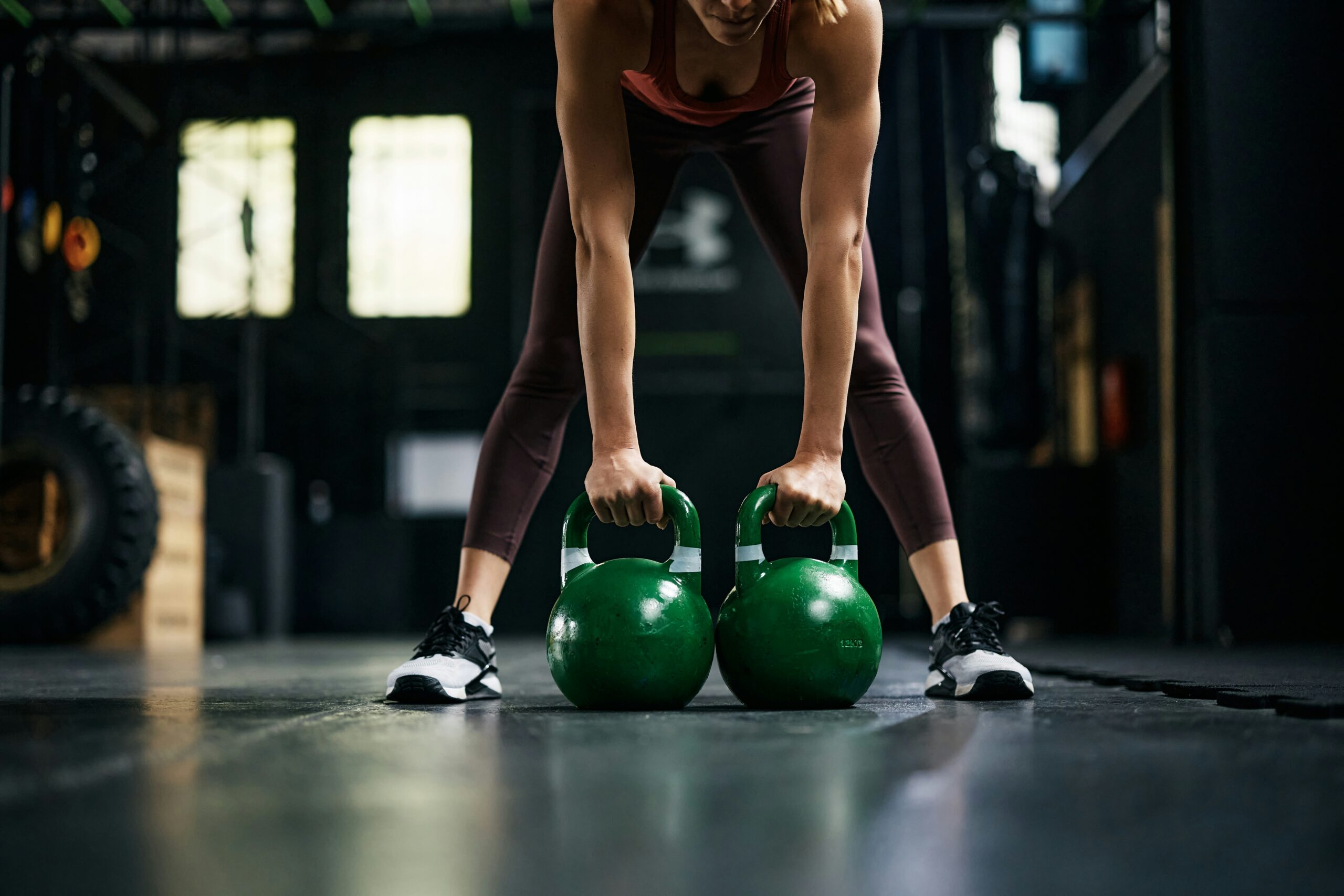
The Benefits of Plant-Based Nutrition for Athletes
For athletes seeking to enhance performance and promote recovery, plant-based nutrition offers a compelling approach that is both sustainable and effective.
Understanding Plant-Based Nutrition
Plant-based nutrition focuses on consuming foods primarily from plants. This includes not only fruits and vegetables, but also nuts, seeds, oils, whole grains, legumes, and beans. It’s an approach that can be tailored to various dietary preferences, ranging from vegan to flexitarian.
Why Athletes are Turning to Plant-Based Diets
Many athletes are embracing plant-based diets for their numerous health benefits. According to dietitian and sports nutritionist Matt Ruscigno, “A well-planned plant-based diet can provide all the nutrients needed for optimal athletic performance.” Studies have shown that plant-based diets are rich in antioxidants, which help reduce inflammation and improve recovery times.
Key Benefits for Athletes
- Enhanced Recovery: Antioxidants found in plant-based foods can speed up recovery by reducing muscle soreness and inflammation.
- Improved Endurance: A study published in Sports Medicine found that plant-based diets are linked to better cardiovascular health, which can enhance endurance.
- Weight Management: Consuming a diet rich in plant-based foods can aid in maintaining a healthy weight, which is crucial for athletes.
- Better Digestive Health: High fiber content in plant-based diets supports digestive health, which can be beneficial for overall energy levels.
Nutrient Considerations
While plant-based diets offer numerous benefits, athletes need to pay attention to certain nutrients that may be less abundant in plant foods, such as Vitamin B12, Iron, and Omega-3 fatty acids. Incorporating fortified foods and supplements as needed can help meet these nutritional needs.
Sample Meal Plan for Athletes
| Meal | Food Options |
|---|---|
| Breakfast | Oatmeal topped with berries and nuts |
| Snack | Banana with almond butter |
| Lunch | Quinoa salad with chickpeas and avocado |
| Afternoon Snack | Hummus with carrot sticks |
| Dinner | Stir-fried tofu with broccoli and brown rice |
| Evening Snack | Chia pudding with fresh mango |
| Supplement | Vitamin B12 tablet |
| Hydration | Plenty of water and herbal teas |
Frequently Asked Questions
Can plant-based diets provide enough protein for athletes?
Yes, plant-based diets can provide adequate protein through a variety of sources such as beans, lentils, tofu, and quinoa.
Is it necessary to take supplements on a plant-based diet?
Supplements of Vitamin B12, Iron, and Omega-3 may be necessary, depending on dietary intake and nutritional needs.
Conclusion
Transitioning to a plant-based diet can offer athletes a range of benefits, from improved recovery times to better overall health. By carefully planning meals and paying attention to key nutrients, athletes can thrive on a plant-based diet while contributing to a more sustainable planet. Consider incorporating more plant-based meals into your routine and experience the benefits firsthand.


